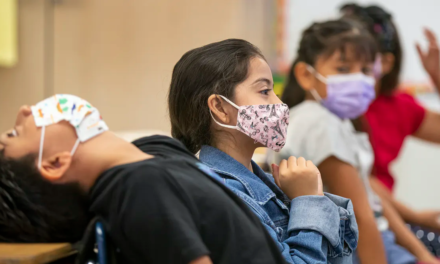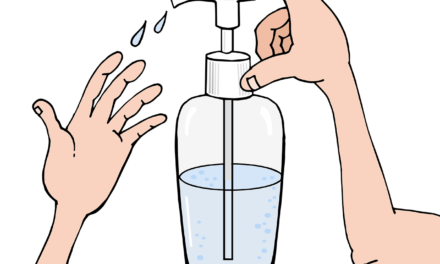The COVID-19 pandemic brought with it social isolation and uncertainty. Most people don’t deal well with these things. Most of us want to interact with other people. After all, relationships are central to our well-being and to the functioning of society.
Moreover, we like to have a sense of how our day will go and to predict the future with a reasonable degree of certainty. We don’t like not knowing what’s going to happen next.
But a recent article published in the Journal of Contextual Behavioral Science gives us hope. They found, in a sample of 278 people, that negative status during the pandemic such as anxiety, depression, and the like, can be moderated by something called psychological flexibility.
What is psychological flexibility? I’m so glad you asked. In a sense, it is just what it says. A psychologically flexible person is much more likely to change what they are doing if what they are doing isn’t promoting their well being. Psychologically flexible people tend to relate to their thoughts, feelings, and anxiety differently than others. Instead of trying to stop troubling thoughts or anxiety, they change how they relate to them. Instead of wrestling with them or avoiding them, they simply recognize them and establish alternative ways of being.
Mindfulness helps flexibility, or simply noticing what you are thinking in a nonevaluative manner. And defusion, or putting some distance between your thoughts and yourself, also helps. For example, instead of thinking “I’m anxious”, you could more objectively describe your thoughts, such as “I’m having the thought that I’m anxious.” The first is an inference brought about by our own language, where you are seeing the world through your own language, and the second is just a description – seeing your own language as part of the world, rather than representing “truth.”
And it helps to get in touch with your life values, which allow you to better track your own thoughts and behavior and the degree to which you are headed down the right path. Many of us, sadly, don’t take the time to articulate our own values and just go through life mindlessly and rigidly, just doing things because other people or society tell us to. And that’s not a very fun way to live.
To read the full study, please visit the Journal of Contextual Behavioral Science.
How have you done during the pandemic?









